IMSH 2022 Learning Lab: 3 Schools of Nursing begin the journey of assessing and evaluating competence through the curriculum.
57:20

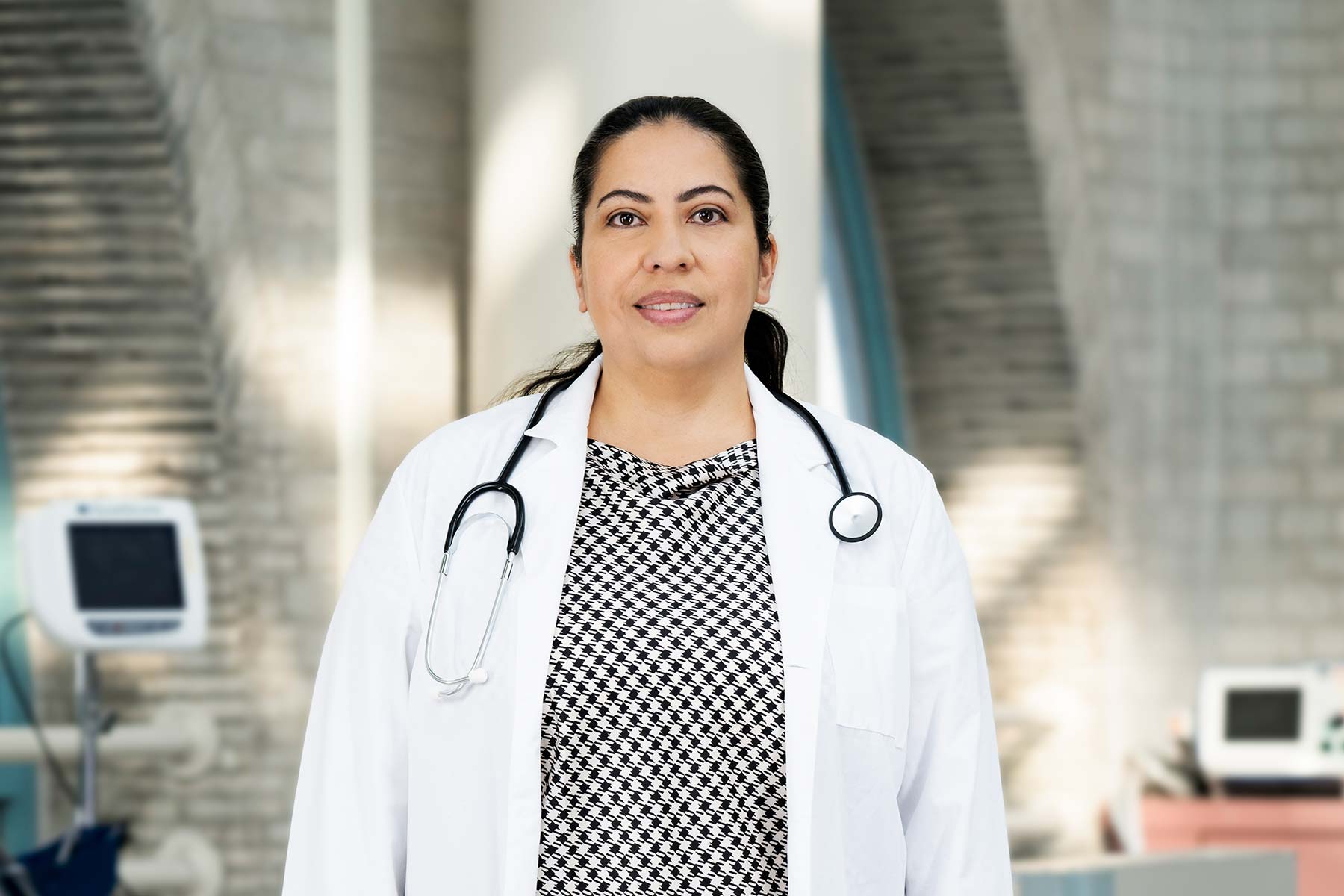
Building for Better Outcomes
The International Meeting on Simulation in Healthcare (IMSH) is a scientific conference that explores the latest innovations and best practices in healthcare simulation. Visit booth 300 to see how Laerdal solutions can help you build better outcomes by creating, developing, and sustaining your simulation training solutions. Join us for live presentations in our booth throughout the event.
Featured topics include:

SimMan® 3G PLUS
SimMan 3G PLUS features bilateral feature sets on a pair of fully-articulating arms, connection to standard clinical monitors for accurate NIBP measurement, and LiveShock for defibrillation with real clinical pads/paddles. Learn More >
Nursing Anne Simulator
The Nursing Anne Simulator is a modular platform consisting of a numerous accessories and interchangeable parts that facilitate a variety of simulated patients and provide unique training opportunities. Learn More >
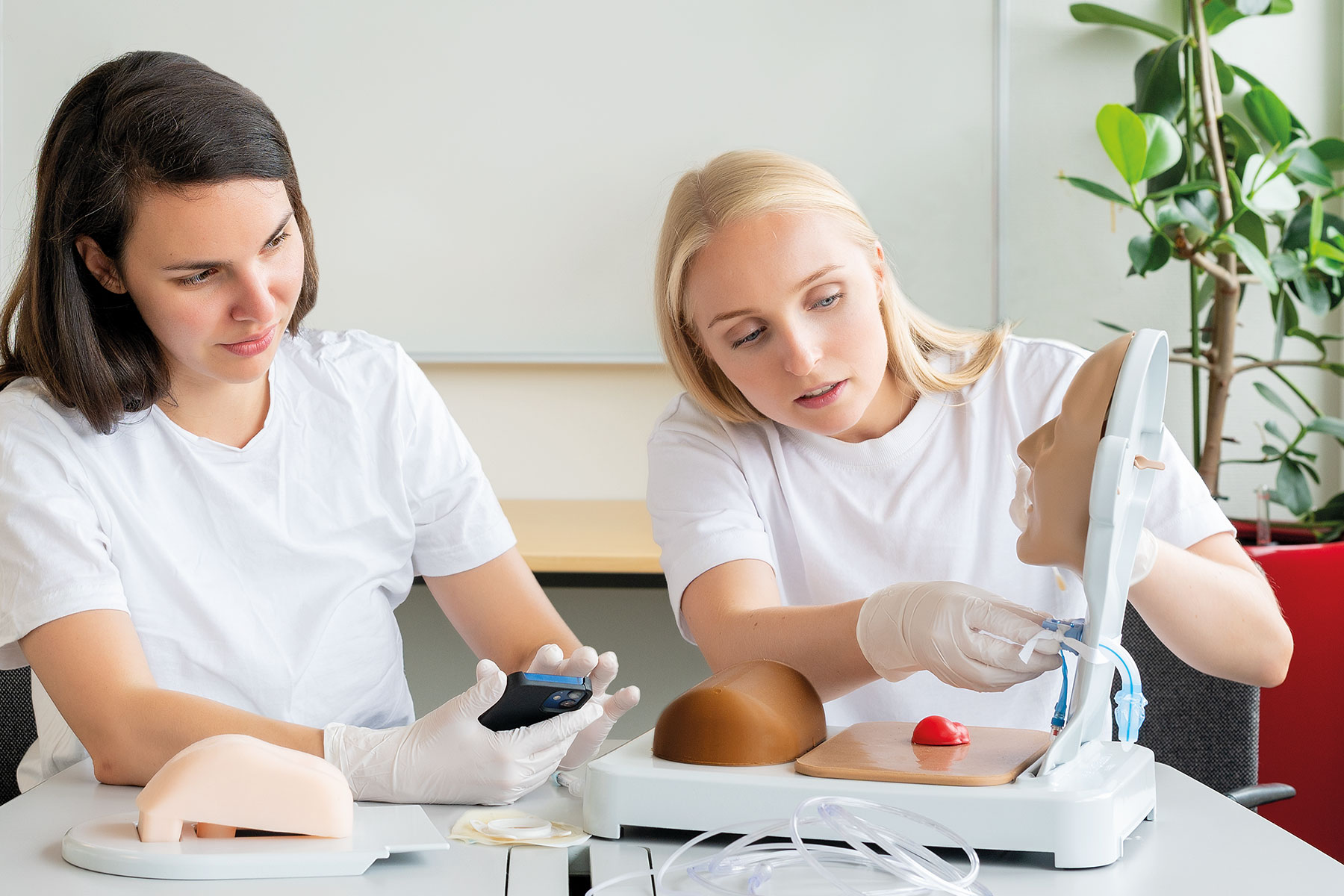
SimCapture for Skills with Modular Skills Trainer
A practical, portable solution beyond virtual course delivery, effectively combining hands-on skills practice with efficient, digital assessment and evaluation tools. Learn More >
vSim® for Nursing
Designed to simulate real nursing scenarios, vSim® for Nursing allows students to interact with patients in a safe, realistic online environment. Learn More >
SimCapture
Allows you to effectively manage, record and assess simulation training, on-site, remotely and in-situ. Capture audio, video, annotations, patient monitors and simulator data in a single web-based interface. Learn More >
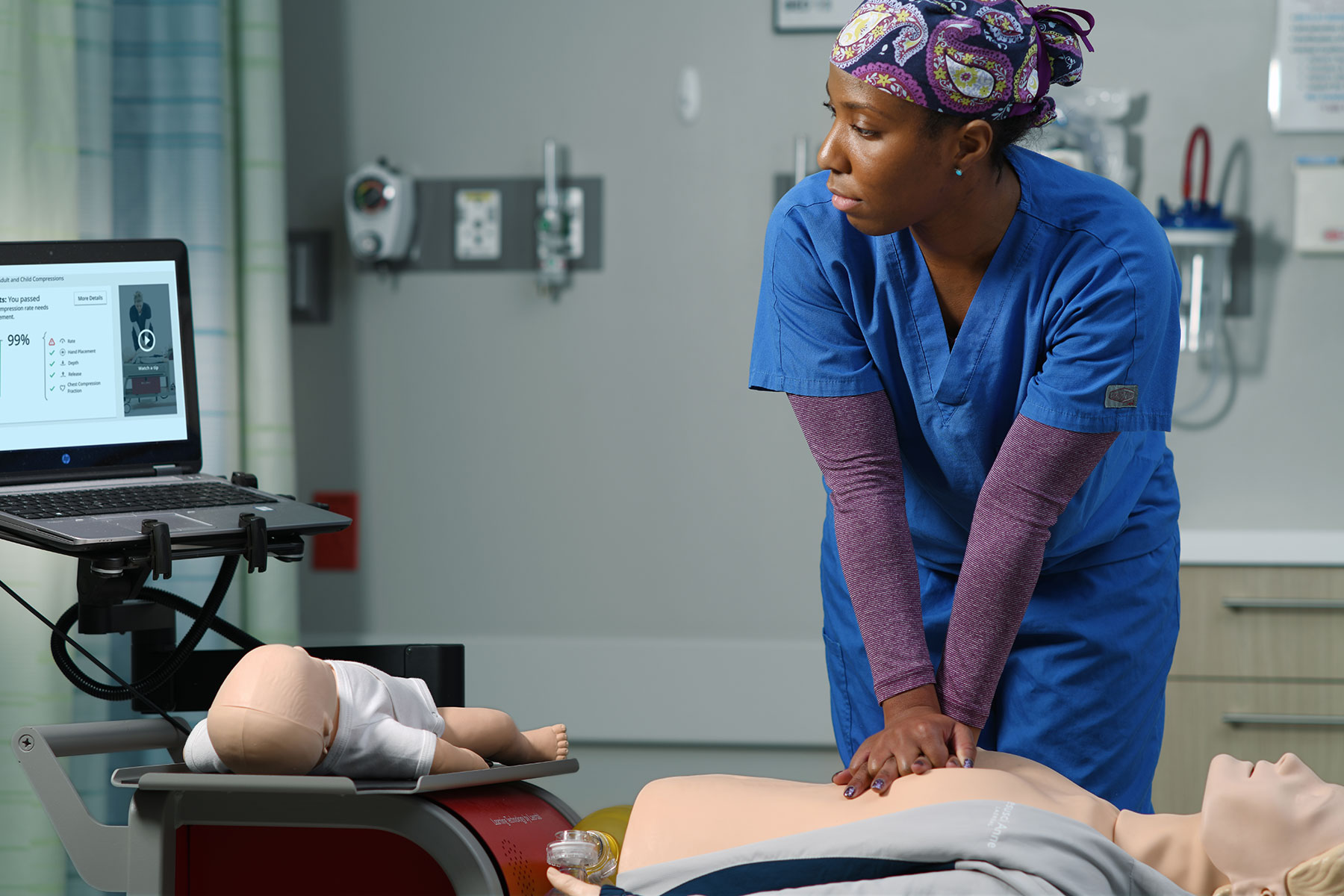
RQI Digital Portfolio of American Heart Association Programs
Resuscitation Quality Improvement® (RQI®) programs include RQI Healthcare Provider (includes BLS), RQI ALS, RQI PALS, RQI Responder (hands-only CPR for non-clinical staff), and RQI® for NRP® (Neonatal Resuscitation Program®). Our digital programs are deeply rooted in the latest resuscitation science, leading healthcare organizations on an immediate journey to high-quality and verified CPR competence to maximize lifesaving outcomes. Learn More >
RQI Simulation Station
Deliberate and engaged practice on the RQI Simulation Stations allows learners to master high -quality resuscitation skills, leading to improved survival outcomes after cardiac arrest. Practice is interactive and responsive to a learner’s demonstration of skills. Learn More >
Attend this preconference course presented by Desiree A. Diaz PHD, FNP-BC, CNE, CHSE-A, ANEF, FAAN of The University of Central Florida

Case Study: Three Schools of Nursing begin the journey of assessing and evaluating competence through the curriculum
Date: Monday, January 17
Time: 10:00am-11:00am
Learning objectives:
Description:
Join and learn from the experience of three Schools of Nursing as they seek to capture data driven assessment for better program outcomes.
This session will demonstrate the power of objective data-driven assessments and evaluations in your program. Come understand and discuss keys for a successful implementation through the curriculum. You will also learn how using validated evaluation tools to align outcomes leads to better assessment and improved competency.
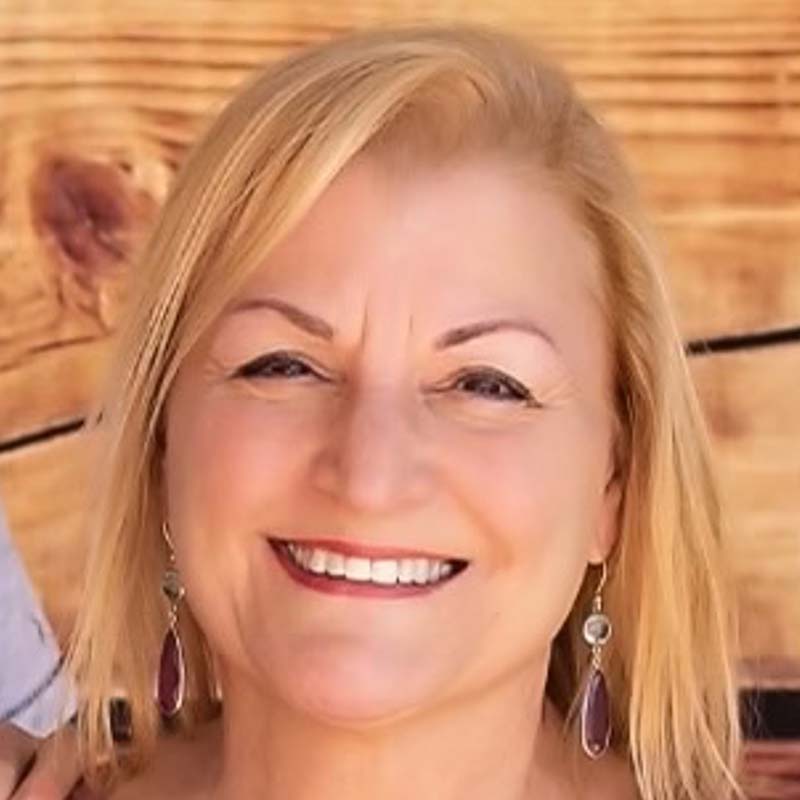
Dr. Allard, PhD, MSN, RN, NPD-BC, CNE, LMFT, is an assistant clinical professor and lead instructor for campus based and accelerated online Capstone Transition to Professional Nursing at The University of Texas at Arlington College of Nursing and Health Innovation. For the past 5 years she has collaborated with the Smart Hospital at UTA to deliver high fidelity simulation as a key component of clinical preparation and transition to practice. Prior to moving to an academic role at UTA, Dr. Allard held leadership and management positions in the service sector including over 20 years as Director of Education and Research, Magnet Program director and Pathways to Excellent coordinator.
Dr. Allard received a BSN from University of Texas Arlington RN to BSN program and a BS in Healthcare Administration from The University of Michigan. She also has a MSN from Capella University in Nursing education, a MS and PhD in Marriage and Family Therapy from Texas Woman’s University.
Dr. Allard’s interests include transition to practice preparation for newly graduated nurses, medical family therapy and prevention of obesity. She has published several articles in professional journals, is a chapter author and has presented at local and national conferences. Dr Allard is a Registered nurse, Licensed Marriage and Family Therapist and is board certified in Nursing Professional Development with the American Nurse Credentialin.
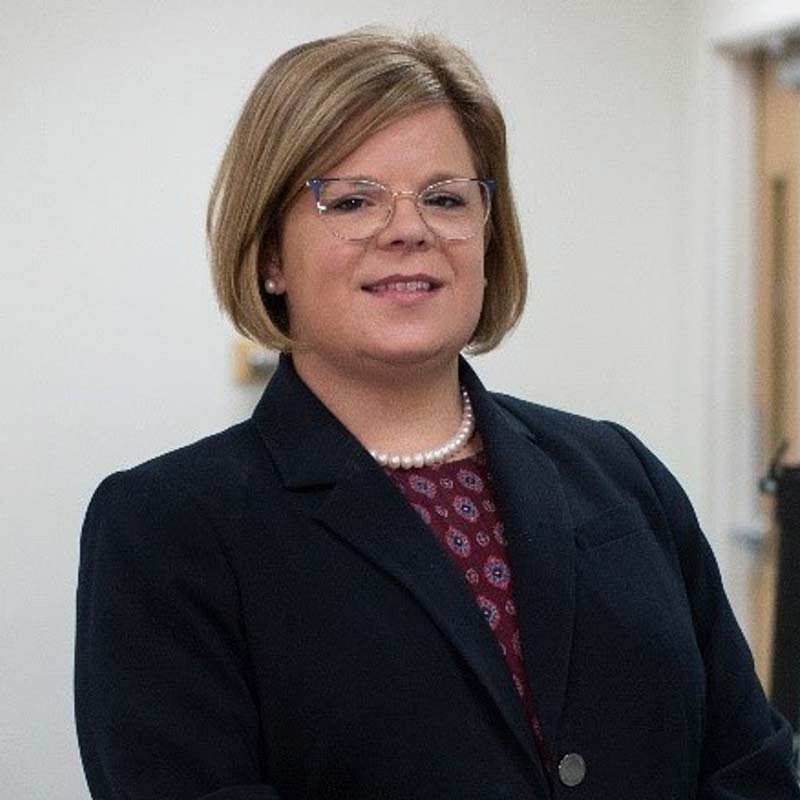
Meagan Rogers is the Associate Chair for Undergraduate Nursing in the College of Nursing and Health Innovation at the University of Texas at Arlington. She earned a BSN from Texas Christian University, MSN at Walden University, and a PhD in Educational Leadership and Policy Studies at the University of Texas at Arlington. Her research interests include transition to practice, disparities in educational persistence and attainment, and the use of predictive analytics to target interventions for at-risk students.

Rosemary Samia, MSN, RN, CNS, CHSE, is the director of the Center for Clinical Education & Research at the University of Massachusetts Boston. Her clinical background includes 15 years in medical-surgical nursing before transitioning to teaching with simulation in the academic setting in 2014. In 2020, she completed the National League for Nursing’s year-long Leadership Development Program for Simulation Educators. Rosemary facilitates a local networking group for simulation educators in the greater Boston area and assists with the development and organization of regional simulation symposiums. She serves on the advisory board for safeMedicate, a virtual environment for simulated medication administration. In 2020, Rosemary was recognized by Sigma Theta Alpha for Excellence in Nursing Practice and was the recipient of the Maureen Oh Eigartaigh award.
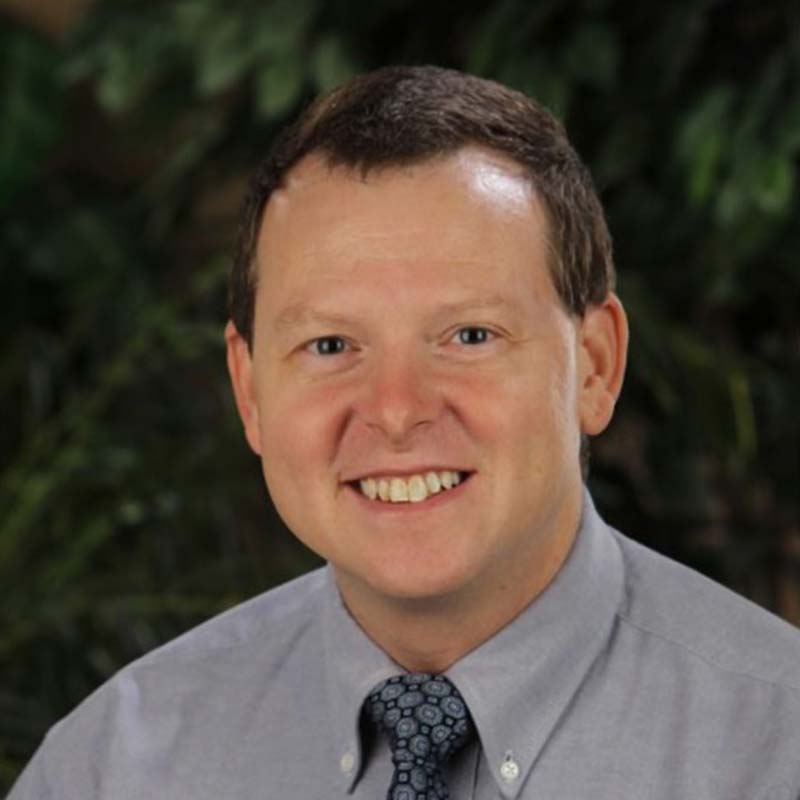
Christopher Garrison, PhD, RN, CNE, CHSE, is an Associate Teaching Professor in the Ross and Carol Nese College of Nursing at the Pennsylvania State University and the Director of the Simulation Laboratory at the University Park campus. His clinical background includes experiences in medical-surgical, cardiology, home health, and as an adult/gerontological nurse practitioner. He is a Certified Nurse Educator (CNE) and a Certified Healthcare Simulation Educator (CHSE). Christopher holds an Associate’s degree from Northern Virginia Community College, a BS degree from the Pennsylvania State University, an MSN from George Mason University, and a PhD from Nova Southeastern University in Nursing Education. He teaches in classroom, simulation, and clinical settings across the curriculum in the BSN program at Penn State. In 2020, Christopher received the Janet A. Williamson Excellence in Teaching Award from the Penn State College of Nursing. He has 13 years of experience in designing and delivering simulation-based learning. His research interests include evaluating the effectiveness of simulation and virtual simulation as an educational strategy. Christopher has presented at national and international conferences on simulation and other nursing education topics.
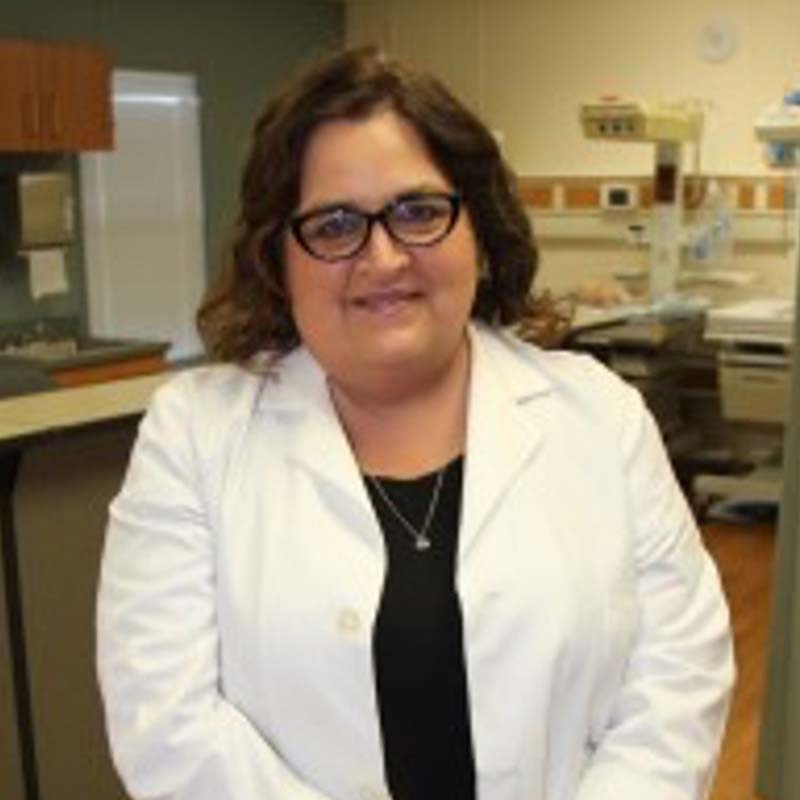
Jennifer Roye, MSN, RN, CHSE, CNE is The Assistant Dean for Simulation and Technology and a Clinical Assistant Professor at the University of Texas at Arlington College of Nursing and Health Innovation. She is lead faculty for the Fundamental Telehealth Skills course in the Health Informatics Certificate Program. Mrs. Roye received her MSN from UTA in 2003 and is currently enrolled at The University of Alabama in the EdD Instructional Leadership program. She practiced as a CPNP in private practice for 10 years and as an RN in the Emergency Department at Cook Children’s Medical Center in Ft. Worth, Texas for 16 years. Her areas of research interest include simulation, telehealth, student engagement, enhancing online education, and moral distress in the undergraduate nursing student population.
Creating Evidenced-Based Healthcare Disparity Scenarios: From Pre-Simulation to Debrief
Date: Wednesday, January 19
Time: 9:00am-10:00am
Learning objectives:
Description:
Simulation is ideal for introducing learners to how the diverse background of their patients needs should be considered as part of their care delivery. Simulation offers the opportunity for guided reflection during debriefing. And debriefing is where learners come to fully appreciate the importance they should give to someone’s race, ethnicity, or other identity attribute during the course of the patient’s care. During this session, attendees will learn about implicit bias, cultural humility, and trends in equitable care and how simulation can be used to introduce learners to these concepts in a way that will aid in their future critical thinking.
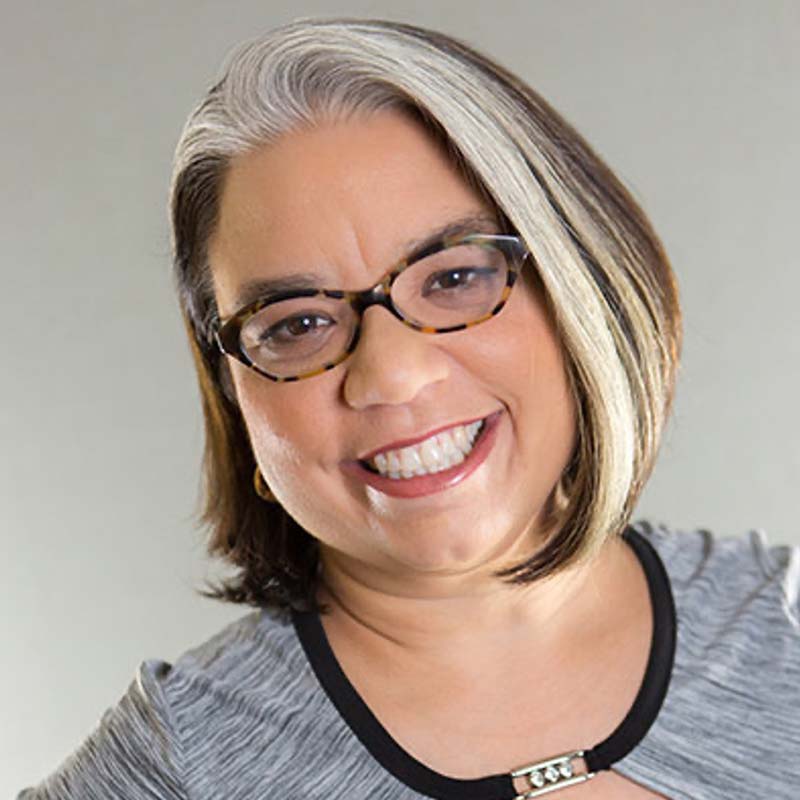
Desiree Díaz,Ph.D.is an associate professor at the College of Nursing at the University of Central Florida. Her research is focused on using simulation to train health care providers to improve the care of underserved patient populations, including correctional health care and limited English proficient patients. Dexiree is one of only 28 advanced simulation-certified faculty worldwide. In her career she has been honored numerous times for research excellence and is recipient of the 2017 Excellence in Academia Award from the International Nursing Association for Clinical Simulation & Learning.
Kick-start 2022 with the biggest trends from the world's largest healthcare simulation conference!
Introducing Home to You with Laerdal – a condensed and action-packed daily roundup with insights from leading industry experts, and the latest products and solutions. Join us daily from January 17-19th.